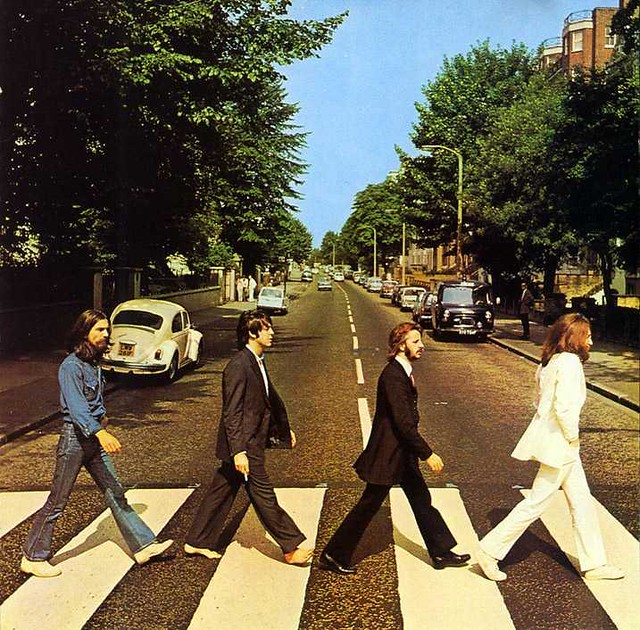On Nostalgia
February 7, 2022
The smells of a time long ago, songs you used to love, and pictures of those who aren’t with you any longer. These are all vessels into the past that can carry us away to a simpler time. A simpler time where the world was a little less menacing, a little less complicated, a little less present.
But we can only wallow in the past for a limited time before reality catches up with us. Floating within the warmth of our past, only to wake up to the bitingly cold present, can be jarring and distressing. This is a consequence of nostalgia, the act of reminiscing on the past.
Nostalgia can be a pleasurable yet painful experience. The etymology of “nostalgia” reflects the nature of this phenomenon. The word comes from the Greek words algos (meaning “pain, grief, and distress”) and nostos (meaning “homecoming”).
Say you visit your childhood home. It can be deeply distressing to see that it has been torn down, or remodeled. This act of “nostos,” or homecoming, can apply to all aspects of life. Seeing places or people who are different from what we remember them to be can be terribly sad. We begin to long for “the good old days.” We grieve over the times that have passed, when everything seemed so simple and joyful.
A quote by the poet Sylvia Plath’s The Bell Jar is something I hold dear because it encapsulates the transient nature of our lives:
“I saw my life branching out before me like the green fig tree. From the tip of every branch, like a fat purple fig, a wonderful future beckoned and winked. I saw myself sitting in the crotch of this fig tree, starving to death, just because I couldn’t make up my mind which of the figs I would choose. I wanted each and every one of them, but choosing one meant losing all the rest, and, as I sat there, unable to decide, the figs began to wrinkle and go black, and, one by one, they plopped to the ground at my feet.”
These figs, once gone, are lost forever. Nostalgia provides a place for us to mourn the past we have lost. Though painful, it can be a cleansing, character-building experience.
It is true that nostalgia can be a dangerous drug, enamoring us with falsehoods that dull our present lives. But how nostalgia affects us depends on our own choices. We could merely hear echoes of times gone by, or we could choose to listen and learn. Sometimes we need to take the courage to acknowledge the deeply painful past, in order to embrace it, carrying the lessons of yesterday into today in order to grow. The French novelist Marcel Proust said,
“There is no one, no matter how wise, who has not at some period in his youth said things, or lived a life, the memory of which is so unpleasant to him that he would gladly expunge it. And yet he ought not entirely to regret it, because he cannot be certain that he has indeed become a wise man.”
To thrive as individuals, we must recognize that comfort, joy, and meaning lie in moving towards the future. Nostalgia, no matter how pleasant it is at the moment, cannot return us to a long-gone past. We can certainly learn from our memories, but should never become bogged down by them. A great adventure awaits us ahead. The Danish philosopher Søren Kierkegaard summarizes this best in a sentence: “Life can only be understood backward, but it must be lived forwards.”




















